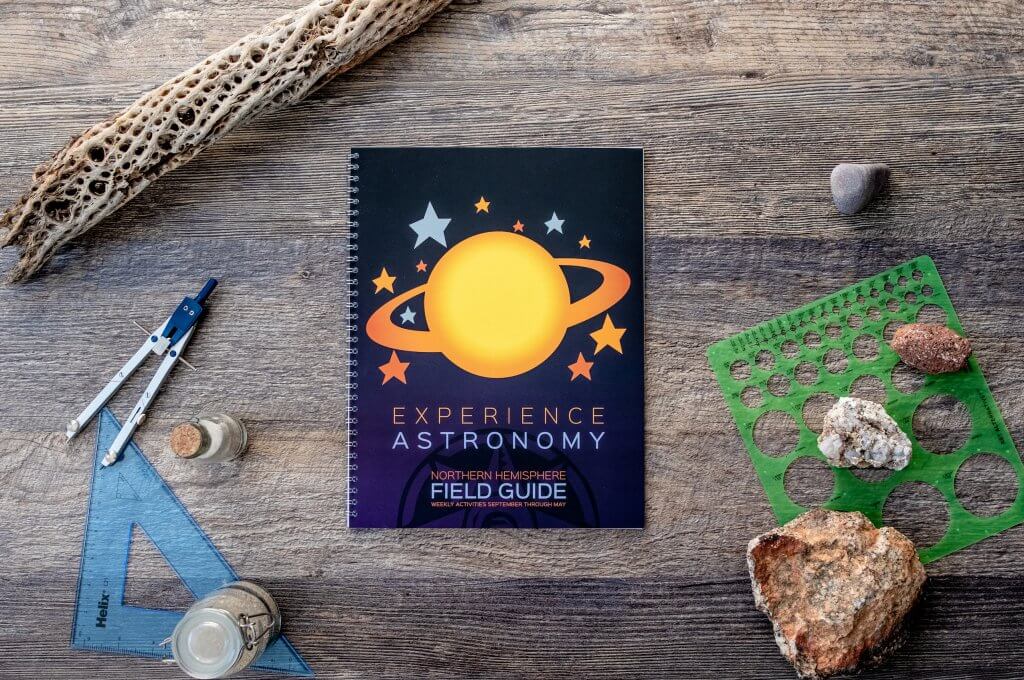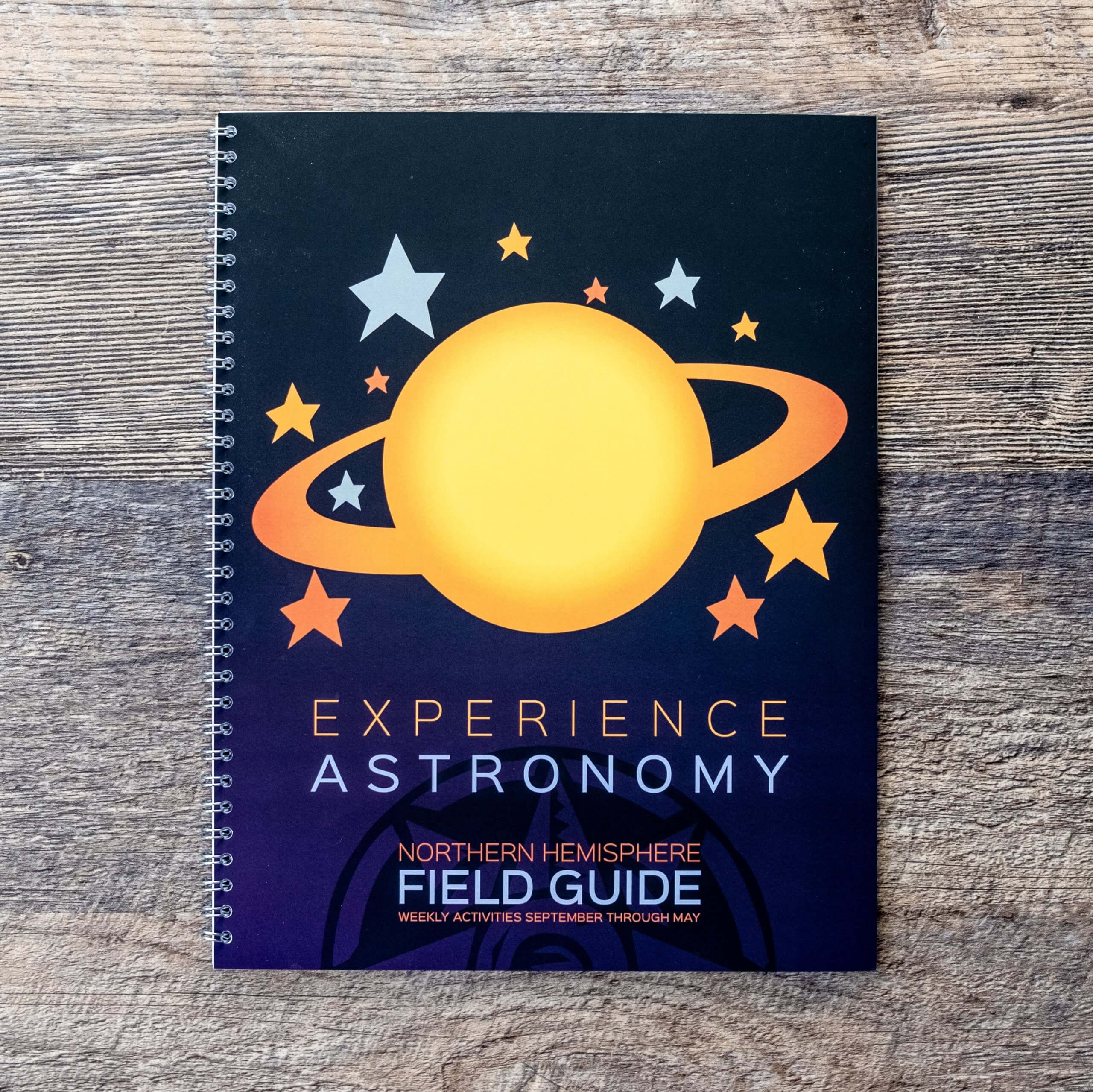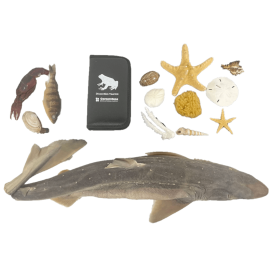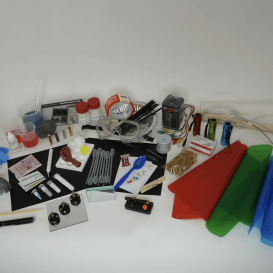Astronomy has been one of the classical “seven liberal arts” of education since the fifth century. A basic understanding of astronomy equips students to understand time-keeping, calendars, and navigation. The best way to study astronomy is by going outside and taking the time to look up. The goal of this Field Guide is to equip students to do just that. Through weekly assignments from September through May, students will learn about the motions of the sun, moon, stars, and planets.

Important things for parents to keep in mind:
- This workbook is designed for ages 10 and up, but younger students may need assistance locating the sky objects.
- Most of these activities are quick and easy. Nearly all of them can be completed in 10-30 minutes. However, many of the activities involve students going outside as “odd” hours (late evening, midnight, before dawn, etc.).
- This guide is not an astronomy textbook. It does not “teach” a student astronomy principles but gives students hands-on practice studying the sky themselves. For the full experience, sign up for the online course here.
- Nearly all of these assignments are “weather permitting.” It is important to take advantage of clear nights to keep up with the flow of assignments. If a week’s assignments have to be postponed because of poor weather, in most cases this will not be an issue.
Take the online course…
Experience Astronomy is a full-school-year online course for students 12 and up—students are walked through every activity in this field guide.





Kelly L –
We have this ebook. It looks like a great tool to use with our son. Can’t wait until he is older to use it. I will be printing it out soon to use some of the material for my own education!
shibbard123 –
We just started using it this school year and my sons like of astronomy has turned into love. Get this, it is a great resource for any child (or adult) who wants to understand the Creators beautiful heavens more!